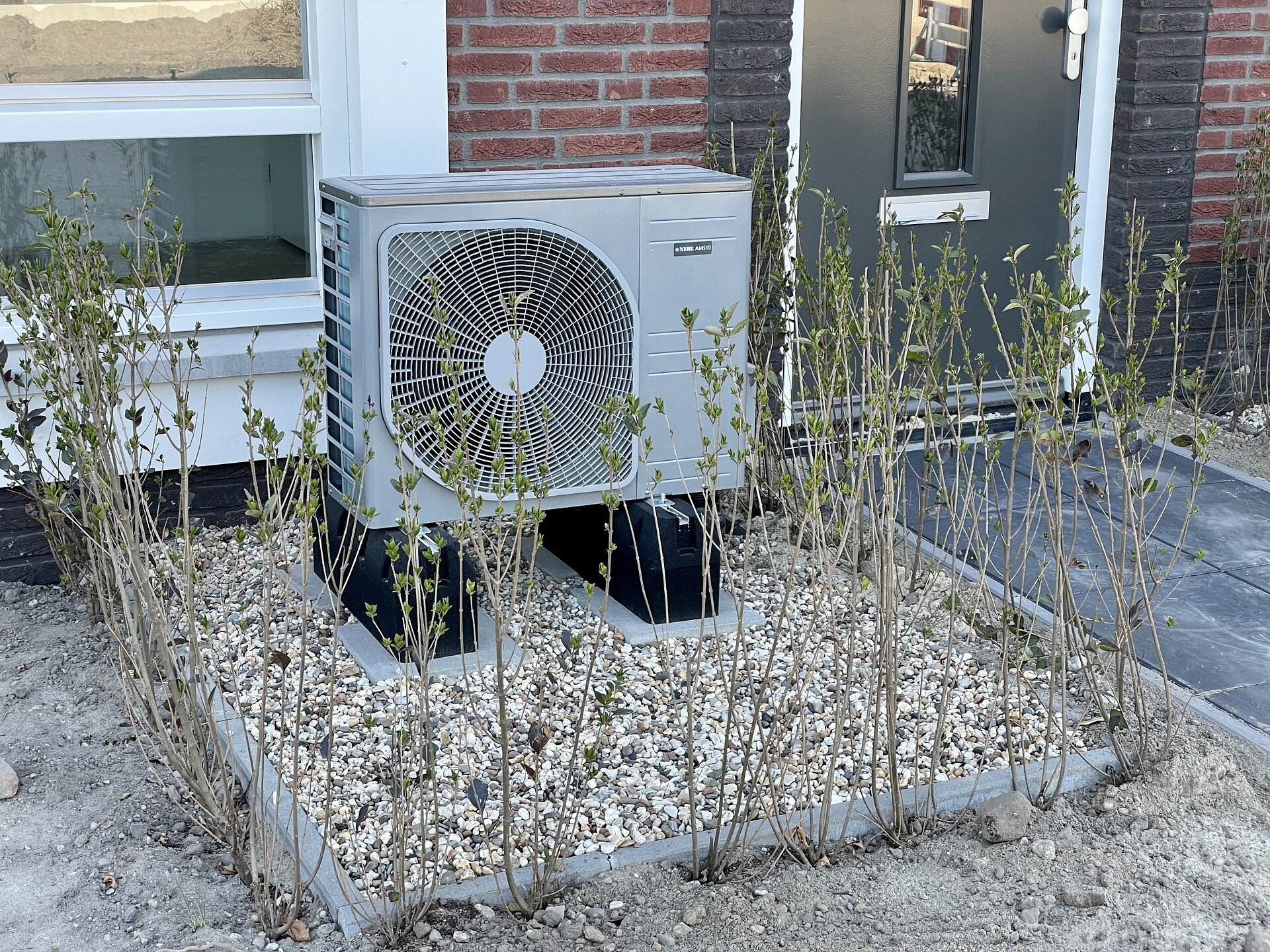The Future of Battery Manufacturing: Germany Leads the Charge
Germany is stepping up its game in the world of battery production, and the innovation taking place at the Karlsruhe Institute of Technology (KIT) is turning heads. Recently, KIT unveiled the world’s first agile battery cell production line, an initiative aimed at making battery manufacturing more flexible and efficient amid a burgeoning global demand. With the rise of electric vehicles and renewable energy technologies, the importance of battery cells cannot be overstated.
Innovative production methods could redefine the battery industry.
A Shift Toward Flexibility
The agile production line at KIT is not just about keeping up with demand; it’s about redefining how batteries are manufactured. Traditional production methods often lack the adaptability needed to meet varied consumer demands, particularly in niche markets. Professor Jürgen Fleischer, the head of the Production Technology Institute at KIT, highlights that this new manufacturing model is intended to “differentiate from the global market” by targeting premium segments. The research project known as AgiloBat, which has received €14.5 million in funding from the Federal Ministry of Education and Research, is a collaboration between scientists and machinery producers to innovate throughout the entire production process.
But what does this mean for the ordinary consumer? As electric vehicles (EVs) and portable electronics become more ingrained in our daily lives, the need for sophisticated battery technology is increasing, and Germany is positioning itself as a key player in this arena.
The Growing Market for Batteries
Batteries are not just critical for powering electric cars; they are essential for storing energy from renewable sources such as solar and wind. With more countries committing to ambitious environmental goals, battery production has become a focal point for innovation and investment. The stakes are high as currently, East Asian companies largely dominate the global battery supply chains. By focusing on flexibility, Germany aims to reclaim some of its lost market share and create a robust domestic industry that can cater to the burgeoning European market.
Germany aims to become a leader in battery technology.
Technological Innovations on the Horizon
As companies like Tesla continue to innovate in battery technology, other traditional automakers are also ramping up their efforts. This competitive landscape underscores the urgency for efficient production methods that can adapt to shifts in technology and market demand. Notably, lightweight, high-capacity batteries are critical for expanding electric vehicle ranges and enhancing overall sustainability.
This nexus of research and engineering at KIT offers a glimpse into the future of manufacturing, where agility and efficiency will define success. Fleischer’s vision of an environmentally sustainable and cost-effective production line is poised to set a benchmark for the entire industry.
Evolving Electric Vehicle Industry
The shift towards electric vehicles is about more than just the cars themselves; it’s about a complete ecosystem. The nexus of battery technology, infrastructure, and consumer preferences will be the driving force behind the vehicle revolution. In addition to producing the vehicle, manufacturers will need to consider how batteries are recharged, recycled, and integrated into the wider power grid.
Electric vehicles need the right infrastructure to succeed.
Resilience in the Face of Crisis
Meanwhile, as Germany looks to the future, it’s not just the battery industry experiencing transformation. Hurricane Helene in the U.S. has underscored the importance of technology in crisis responses. The FBI’s Nashville Field Office has been leveraging fingerprint technology to identify victims of the hurricane. This focus on technology—especially in disasters—highlights a broader trend where efficiency and innovation play a role not just in business, but in public service and safety.
As disasters become more common due to climate change, the response systems in place are more crucial than ever, and integrating modern tech is key to ensuring effectiveness.
Conclusion: Navigating the Future Together
As we stand on the cusp of a significant transition in both environmental responsibility and technological integration, the implications of these developments are profound. From battery production in Germany to emergency response technologies in the U.S., the world is witnessing an evolutionary shift that will define our path forward. It’s not merely about harnessing technology; it’s about creating a sustainable environment where innovation drives not just business success, but collective resilience in the face of challenges ahead.
Looking ahead, the focus is on sustainable and innovative solutions.
As the manufacturing landscape evolves along with our expectations for technology, Germany’s initiative represents a critical step towards a future that embraces sustainability and efficiency. By marrying innovative manufacturing with the pressing need for cleaner energy solutions, we can reshape the global narrative around battery technology and our collective response to a changing world.














